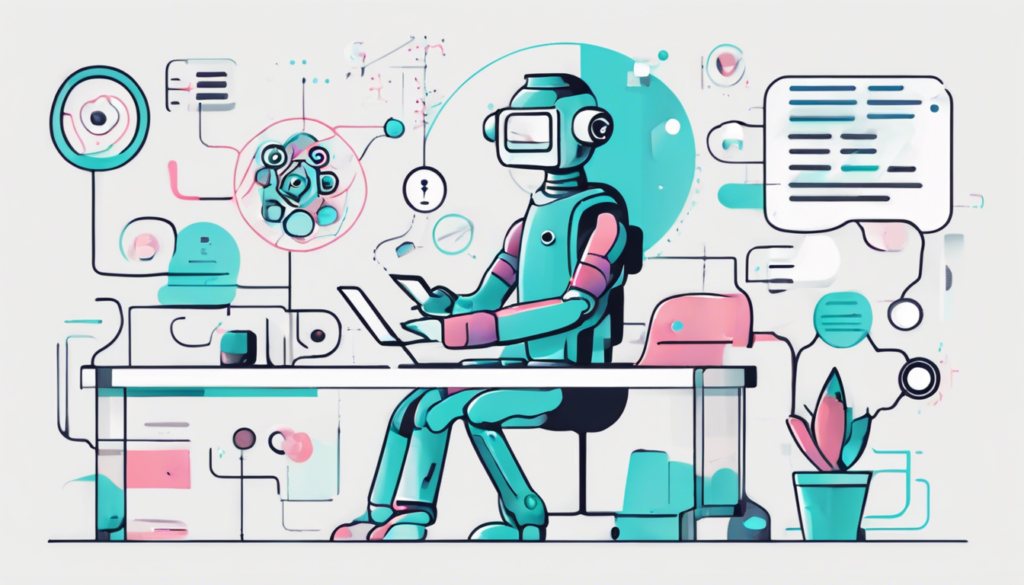Agentic AI is rapidly transforming how artificial intelligence is utilized across various sectors, marking a new era of autonomy and adaptability in machine functioning. This innovative approach stands in contrast to traditional AI, providing systems the capability to independently make decisions and set goals. By incorporating sophisticated algorithms, agentic AI evaluates outcomes and processes scenarios sans extensive human intervention, presenting a groundbreaking shift in AI capabilities.
Expanding Autonomy in AI
A core feature of agentic AI is its autonomous decision-making capacity. This characteristic allows AI systems to utilize probability theories and utility functions to select actions that yield optimal results. The technology also integrates risk assessment models, reinforcing its decision-making framework with nuanced outcome evaluations. Consequently, this enhances AI’s ability to perform in sectors that demand high dynamism, such as emergency response and finance, where quick, accurate decision-making is essential.
Moreover, learning and adaptability are pivotal to agentic AI’s success. These systems employ reinforcement learning alongside deep learning algorithms to evolve continually. By interpreting vast data sets, they can extract actionable insights and improve performance over time in response to new information and experiences. Therefore, agentic AI does not just react to inputs; it learns from them to refine its outcomes continuously.
Diverse Applications and Integration Challenges
The applicability of agentic AI spans multiple industries, highlighting its versatility. In healthcare, for example, it assists in diagnostic processes by evaluating complex medical data and suggesting potential diagnoses. Similarly, in finance, agentic AI can detect intricate patterns and adjust trading strategies accordingly. Supply chain management and industrial automation also benefit from the efficiency and precision of agentic AI, ensuring streamlined operations and reduced error margins.
As organizations integrate agentic AI, they witness enhanced operational efficiency, allowing human resources to concentrate on strategic initiatives and creative solutions rather than monitoring automated processes. This shift not only boosts productivity but also optimizes resource allocation and operational effectiveness across the board, presenting industries with opportunities to scale operations and swiftly adapt to changing demands.
Nonetheless, the integration of agentic AI comes with its fair share of challenges, primarily concerning governance and ethical alignment. Ensuring that AI systems adhere to human values and ethical standards is critical to avoid biases and privacy violations. Implementing robust governance protocols is essential to build trust and reliability in these autonomous systems, ensuring they serve the intended purposes without compromising ethical integrity.
In conclusion, agentic AI represents a significant evolution in technology, promising increased efficiency, adaptability, and autonomy across various sectors. With proactive governance and strategic implementation, the potential for agentic AI to redefine enterprise operations and human-machine collaboration is immense, heralding a future where technology not only supports but also leads innovation and efficiency in human endeavors.



